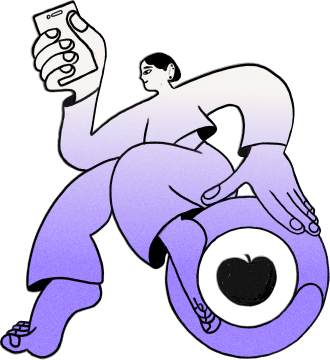Summary
- Gamification involves applying game-design elements to everyday tasks.
- It can benefit individuals with ADHD by providing immediate rewards and increasing motivation.
- Clear and achievable goals are essential when gamifying tasks.
- Time management techniques, like the Pomodoro Technique, can be gamified for better productivity.
- Tools and apps like EndeavorOTC can assist in gamifying ADHD management.
- Gamification can help individuals with ADHD manage tasks more effectively and engage their unique brain wiring.
What exactly is gamification?
At its core, gamification involves applying game-design elements in non-game contexts. Think of it as turning everyday tasks into mini-games, complete with rewards, challenges, and progress tracking.For the ADHD brain, which often craves stimulation and immediate rewards, gamification can be a game-changer (pun intended). It taps into the brain's reward centers, making tasks more engaging and, consequently, more achievable. This concept has been at the core of Tiimo’s design since its conception in 2015.
Why does gamifying ADHD make sense?
The ADHD brain is wired differently. It often seeks immediate gratification, which can sometimes lead to procrastination, especially when rewards are distant or tasks seem tedious. Gamification bridges this gap by providing instant feedback and rewards, thereby increasing motivation and focus. By turning tasks into challenges or games, individuals with ADHD can find themselves more invested in the outcome, leading to better task completion rates.
Tips and tricks to gamify your ADHD
Setting clear goals:
One of the foundational principles of any game is having a clear objective. Similarly, when gamifying tasks, it's crucial to have clear, achievable goals. For instance, instead of vaguely wanting to"read more," set a goal to "read 10 pages every day." This clarity can make the task feel more like a game where you're trying to achieve a specific score.
To further enhance this, break down larger tasks into smaller, game-like challenges. If you have a project due in a week, set daily challenges for yourself. Day one could be brainstorming, day two for outlining, and so on. Each completed challenge brings you closer to 'winning' the game.
Time management techniques:
The ADHD brain can sometimes struggle with time perception, making time management techniques crucial. One popular method is the Pomodoro Technique, where you work intensively for 25 minutes and then take a 5-minute break. To gamify this, challenge yourself to complete a specific task within that 25-minute window. As you progress, you can adjust the time or increase the challenge, turning it into a race against the clock.









